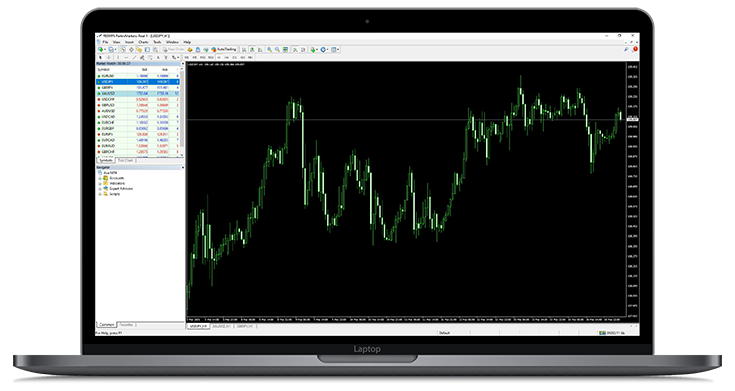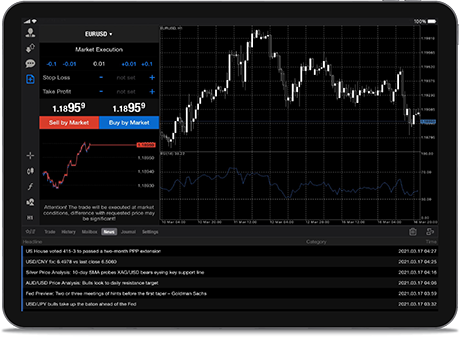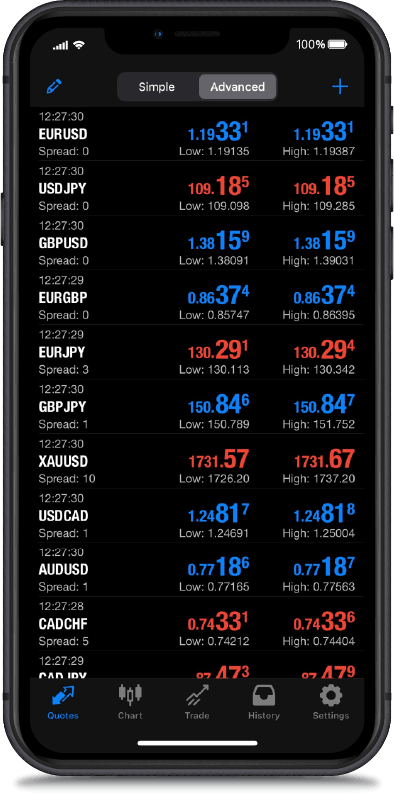นายหน้าซื้อขายหลักทรัพย์ของคุณ
สำหรับการซื้อขาย
สำหรับการซื้อขาย
เข้าถึงผลิตภัณฑ์กว่า 1000 รายการรวมถึง Forex, หุ้น, CFDs, สินค้าโภคภัณฑ์, ดัชนี และโลหะด้วยแพลตฟอร์ม MetaTrader 4.
สเปรดสด
EUR / USD
สเปร
0.00
BID
-----
ASK
-----
XAU / USD
สเปร
0.90
BID
-----
ASK
-----
EUR / JPY
สเปร
0.10
BID
-----
ASK
-----
USD / JPY
สเปร
0.00
BID
-----
ASK
-----
GBP / USD
สเปร
0.20
BID
-----
ASK
-----
ราคาสดเป็นตัวบ่งชี้เท่านั้น
มาตรฐาน
No Commission
PIPS
XAU/USD
PIPS
EUR/USD
PIPS
USD/JPY
PIPS
EUR/JPY
PIPS
GBP/USD
PIPS
EUR/GBP
- Min. Deposit $100
- Max. Leverage 1 : 500
RAW
Low Commission
$2.5/side
PIPS
XAU/USD
PIPS
EUR/USD
PIPS
USD/JPY
PIPS
EUR/JPY
PIPS
GBP/USD
PIPS
EUR/GBP
- Min. Deposit $100
- Max. Leverage 1 : 500
ประเภทบัญชี
ที่เหมาะกับคุณที่สุด
ที่เหมาะกับคุณที่สุด
ที่ RADEX MARKETS เราให้คำมั่นสัญญาในการนำเสนอการตั้งค่าการซื้อขายและการดำเนินการที่แข่งขันได้
พิ่มประสิทธิภาพการซื้อขายของคุณร่วมเดินทางไปกับเรา
ซื้อขายอย่างที่ไม่เคยมีมาก่อนด้วยคุณสมบัติที่ดีที่สุดของเรา แพลตฟอร์มที่ราบรื่นและใช้งานง่ายของเราช่วยให้คุณนำทางตลาดได้อย่างง่ายดาย












